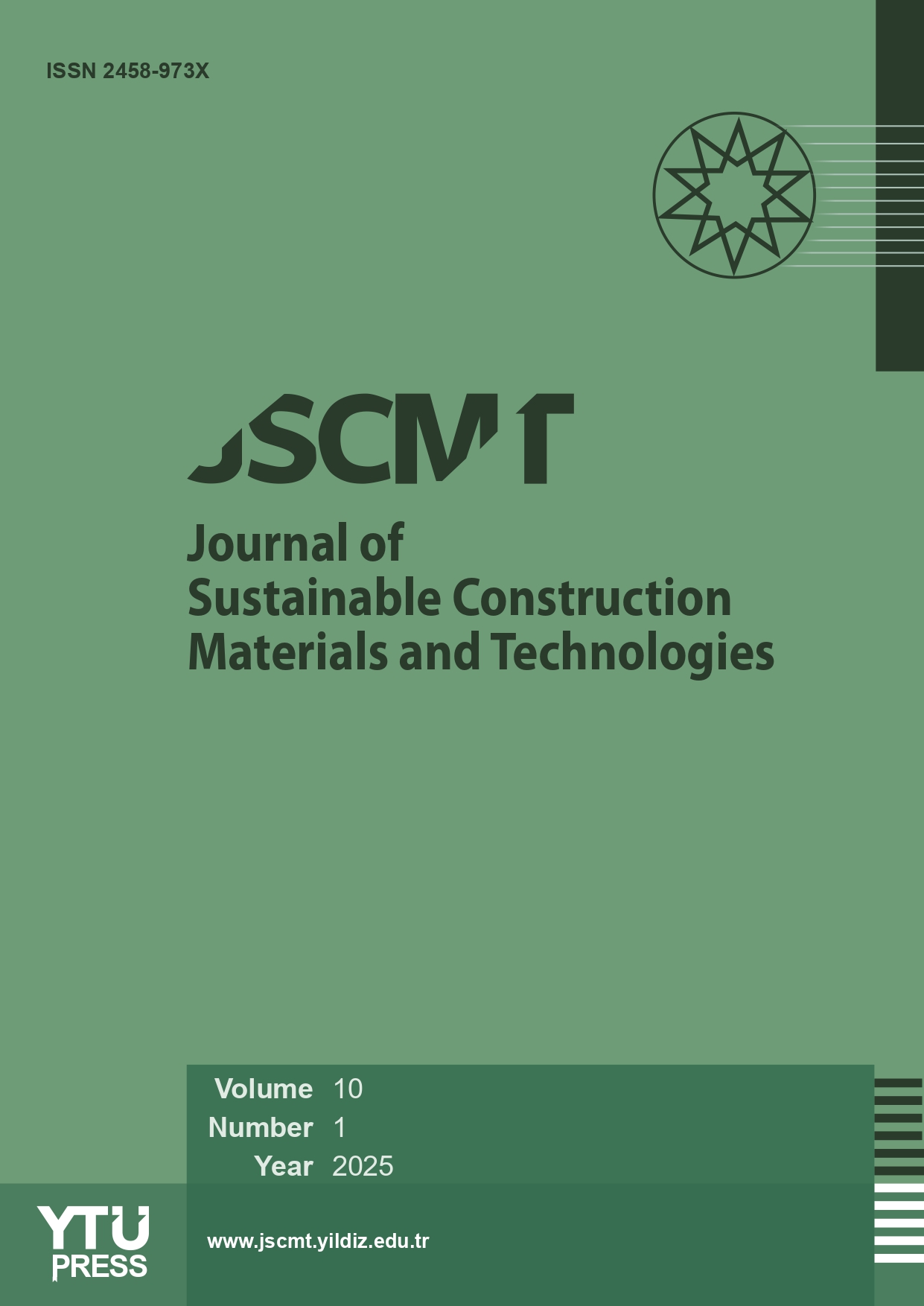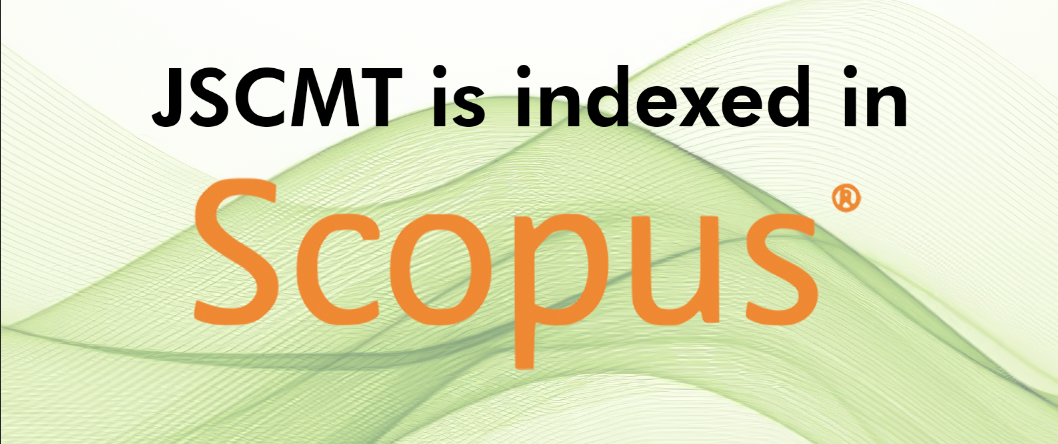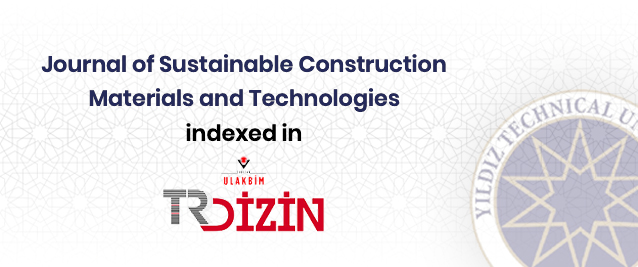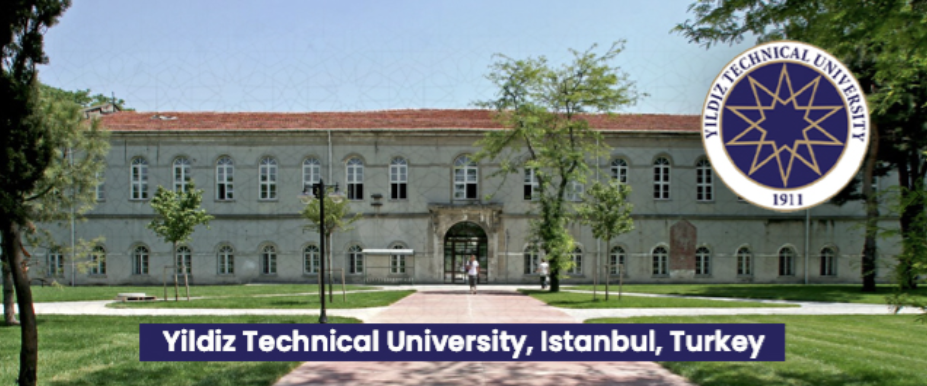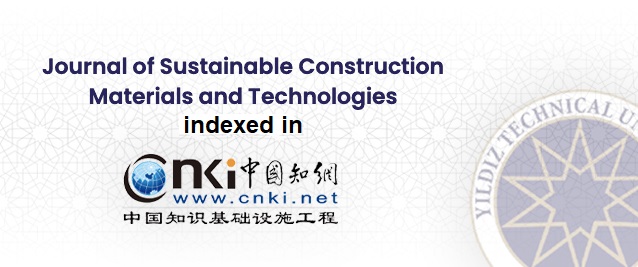2Construction Management Programme, Department of Building,University of Uyo, Uyo, Nigeria
Abstract
The integration of renewable energy technologies in buildings across Africa is low. Enormous improvements to intrinsic cost drivers affecting their affordability are therefore prerequisite to achieve diffused adoption. In a search for the relevant strategies to improve the adoption of these technologies, this paper appraised critical cost factors inhibiting the affordability of solar photovoltaic (PV) in Nigeria. The research adopted a structured questionnaire survey administered to 480 stakeholders in the building sub-sector and PV value chain. Data reduction tool (factor analysis) determined the components of principal factors critical to the affordability of PV in the research environment. The result showed that the dearth of local competencies, lack of skilled labour, lack of research, lack of locally accessible technologies, high cost of maintenance, foreign exchange fluctuation, and inflation are important drivers of PV costs that must improve to facilitate PV integration in buildings. The strategies to improving PV adoption must stimulate affordability by mitigating technical and economic cost factors. The study recommends strong government incentives using waivers on tariff, education and awareness, training in requisite skills, and local manufacturing of components as prerequisite drivers needed to improve affordability.


